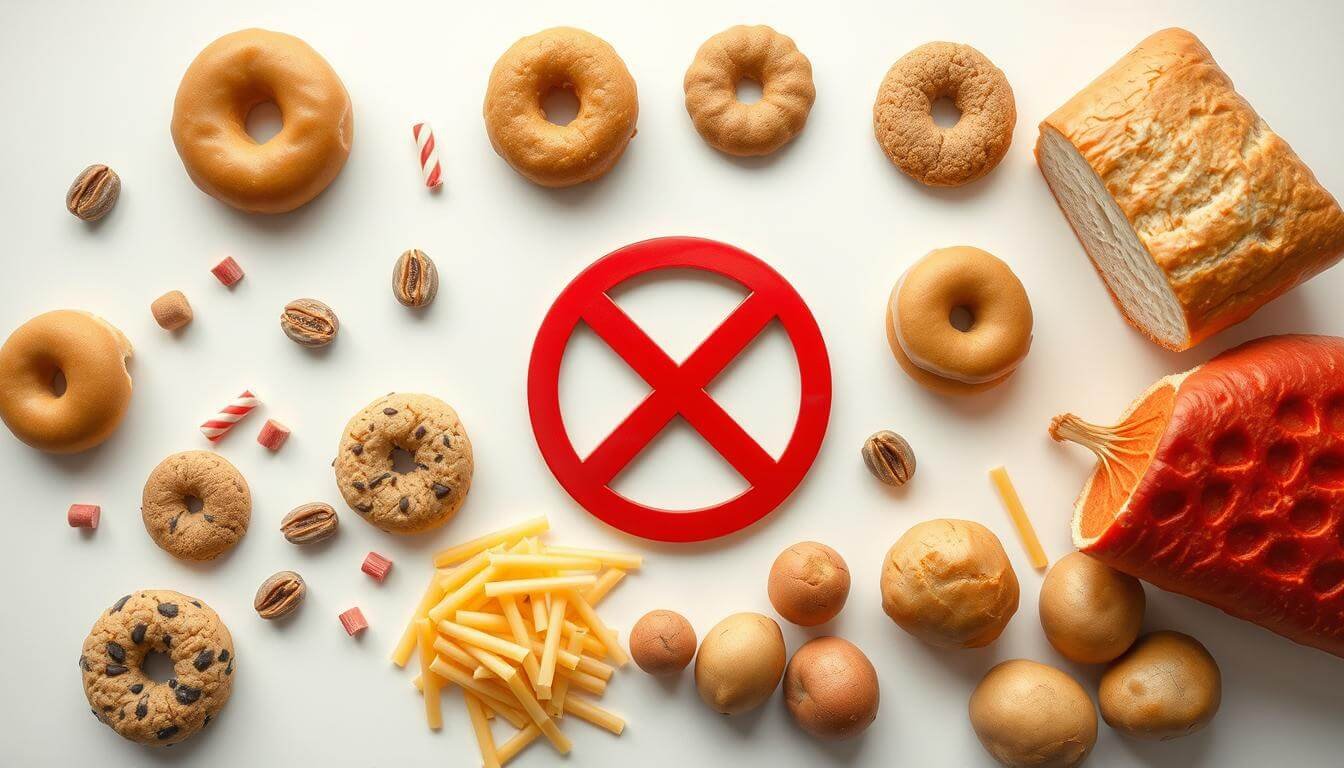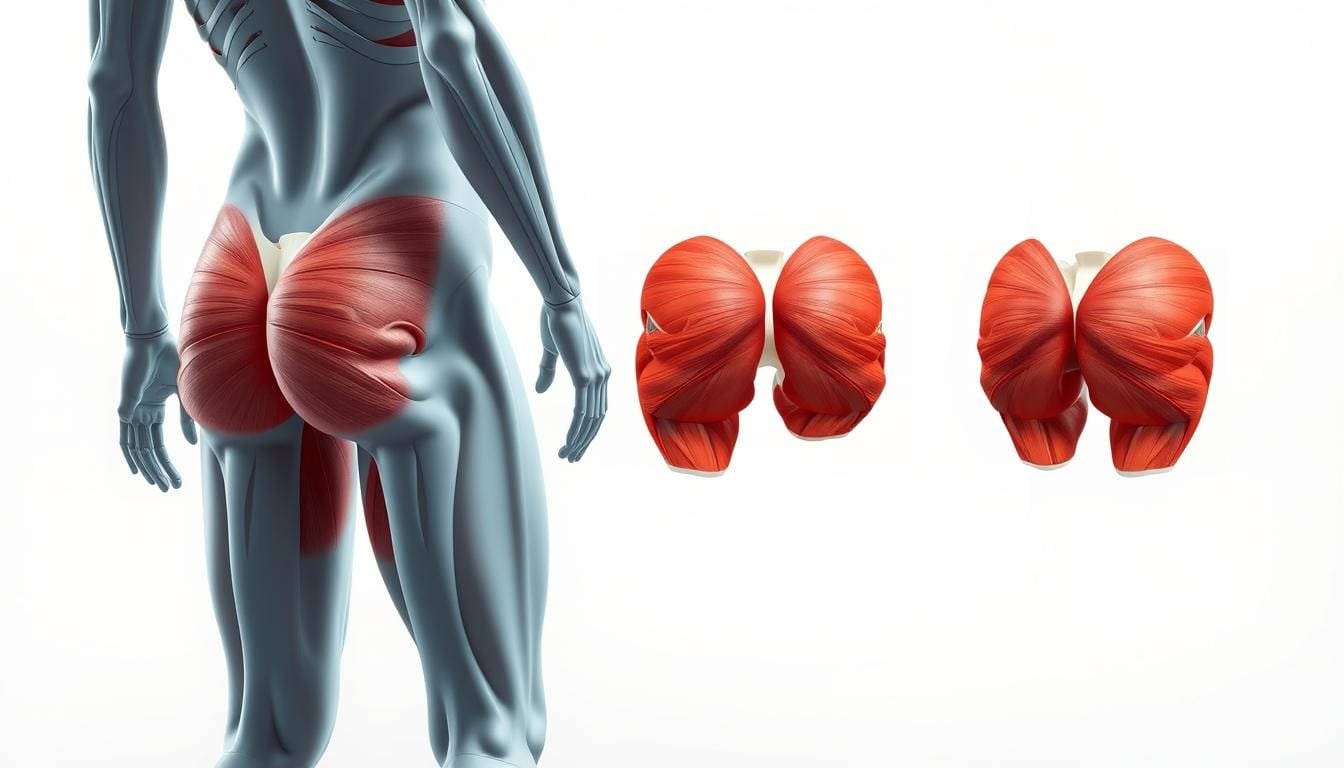Sarah stared into her fridge, feeling defeated. Her doctor suggested a change in eating habits to support her wellness goals. The idea of bland, unsatisfying meals made her sigh. She wanted to manage her weight but loved enjoying flavorful dishes—she just needed the right foods for a low fat diet.
Like Sarah, many people believe that healthy eating means giving up taste. This guide proves that idea wrong by highlighting foods for a low fat diet that are full of flavor and easy to love. You can enjoy delicious meals that are good for your body. The right choices keep you full and energized all day long.
We have gathered 25 fantastic foods for a low fat diet to stock in your kitchen. These selections are packed with nutrients and naturally lower in fat. They help you feel great while working toward your personal health objectives. This approach is both enjoyable and sustainable for the long term.





